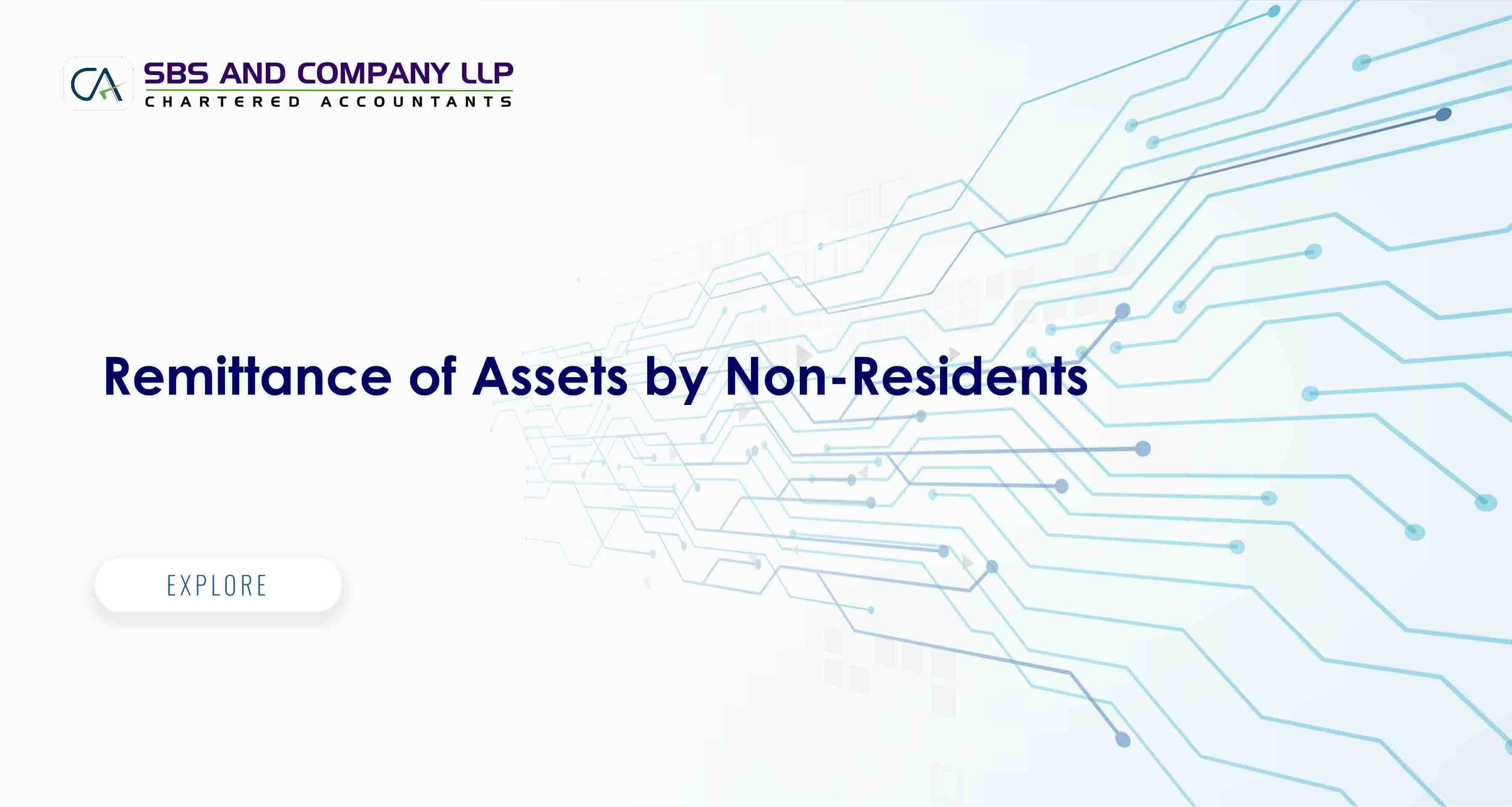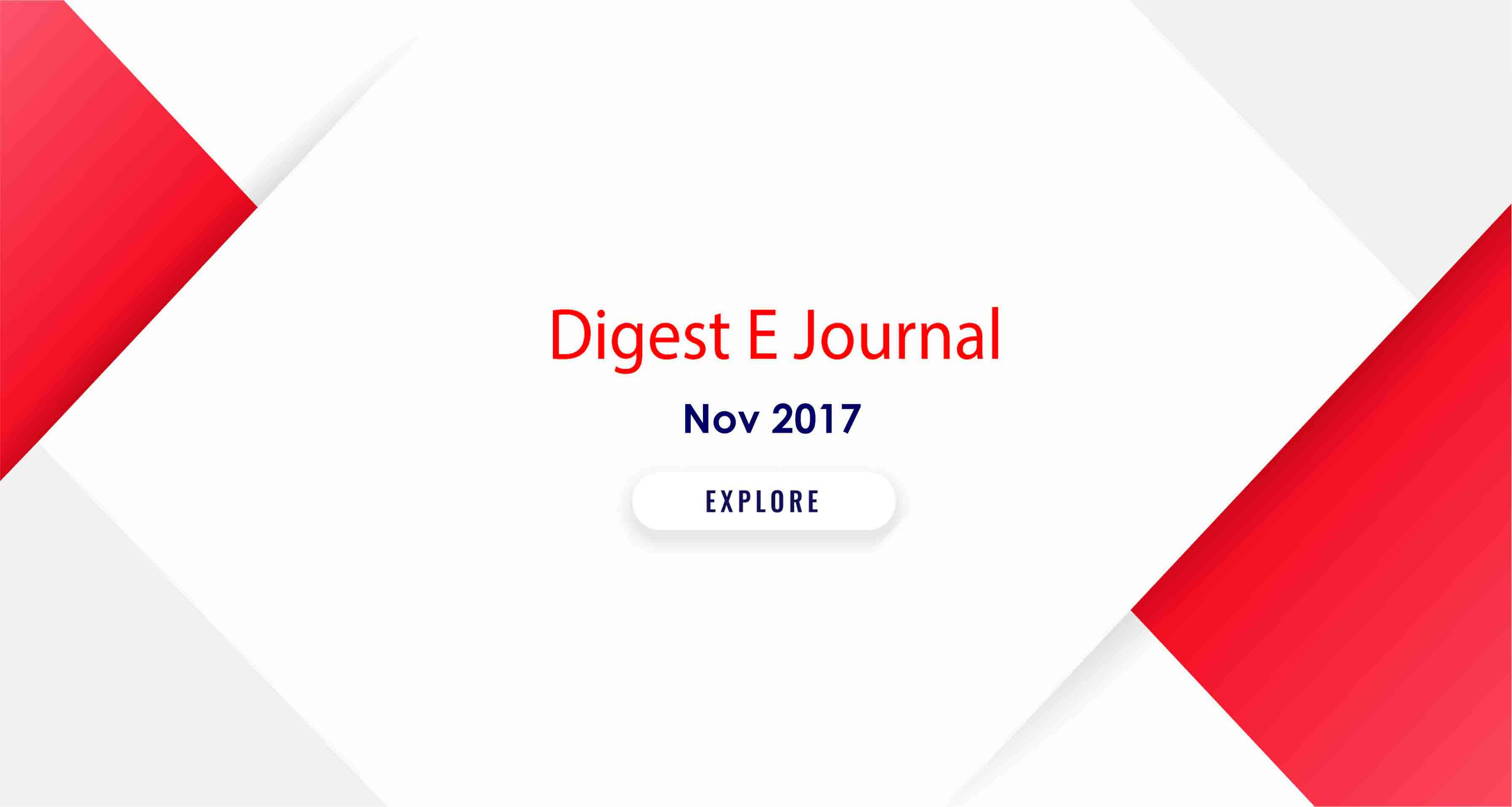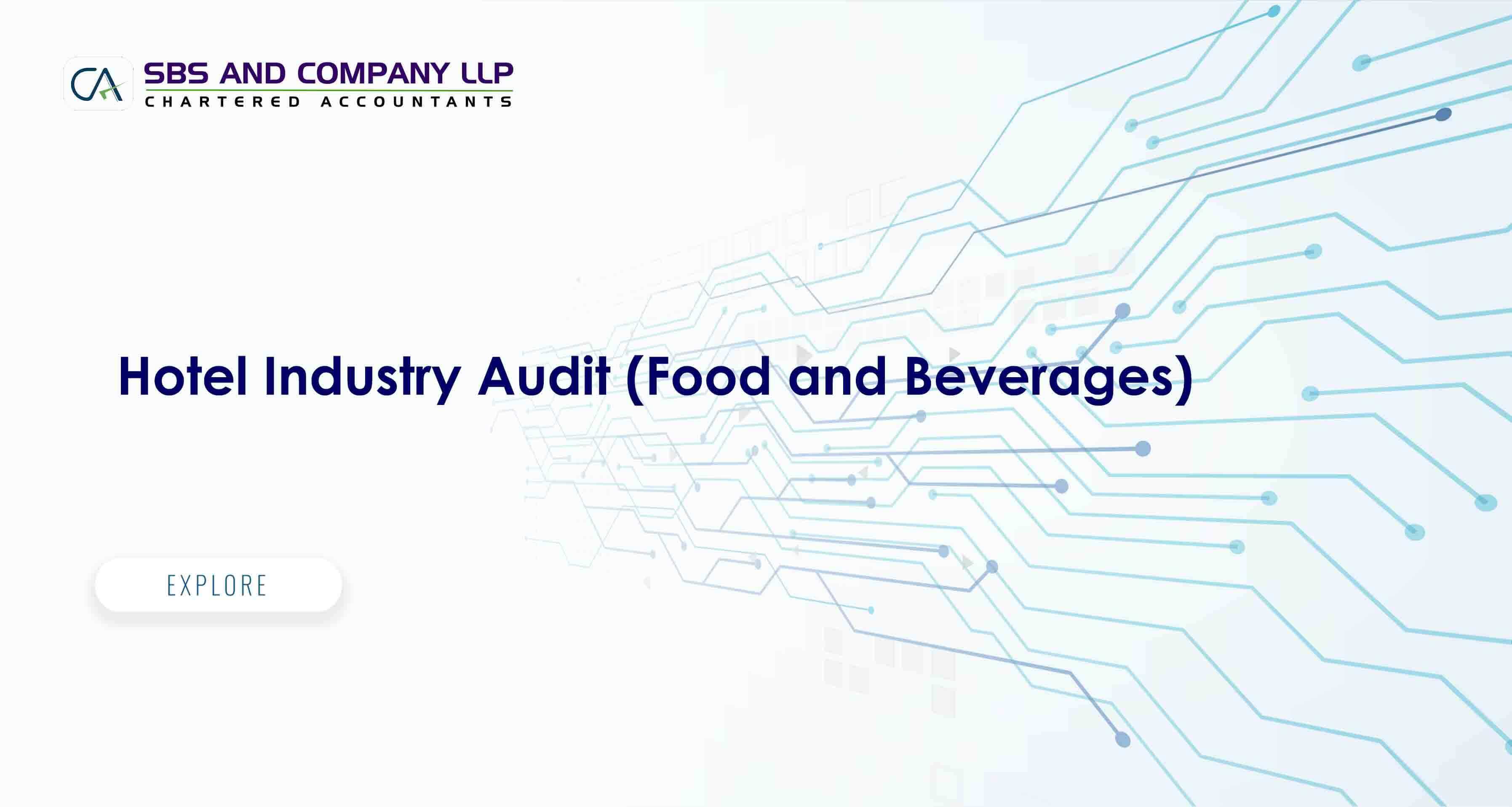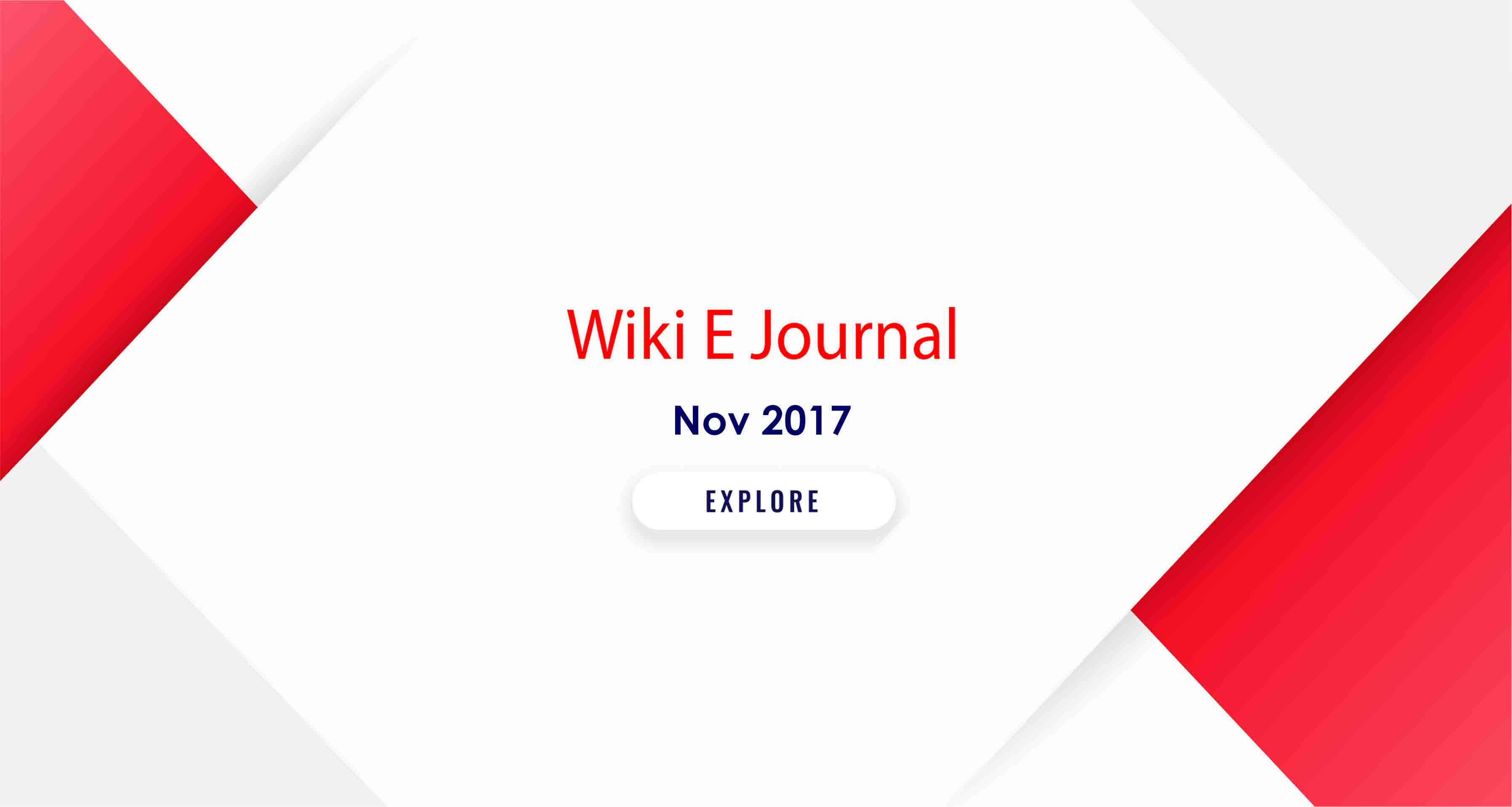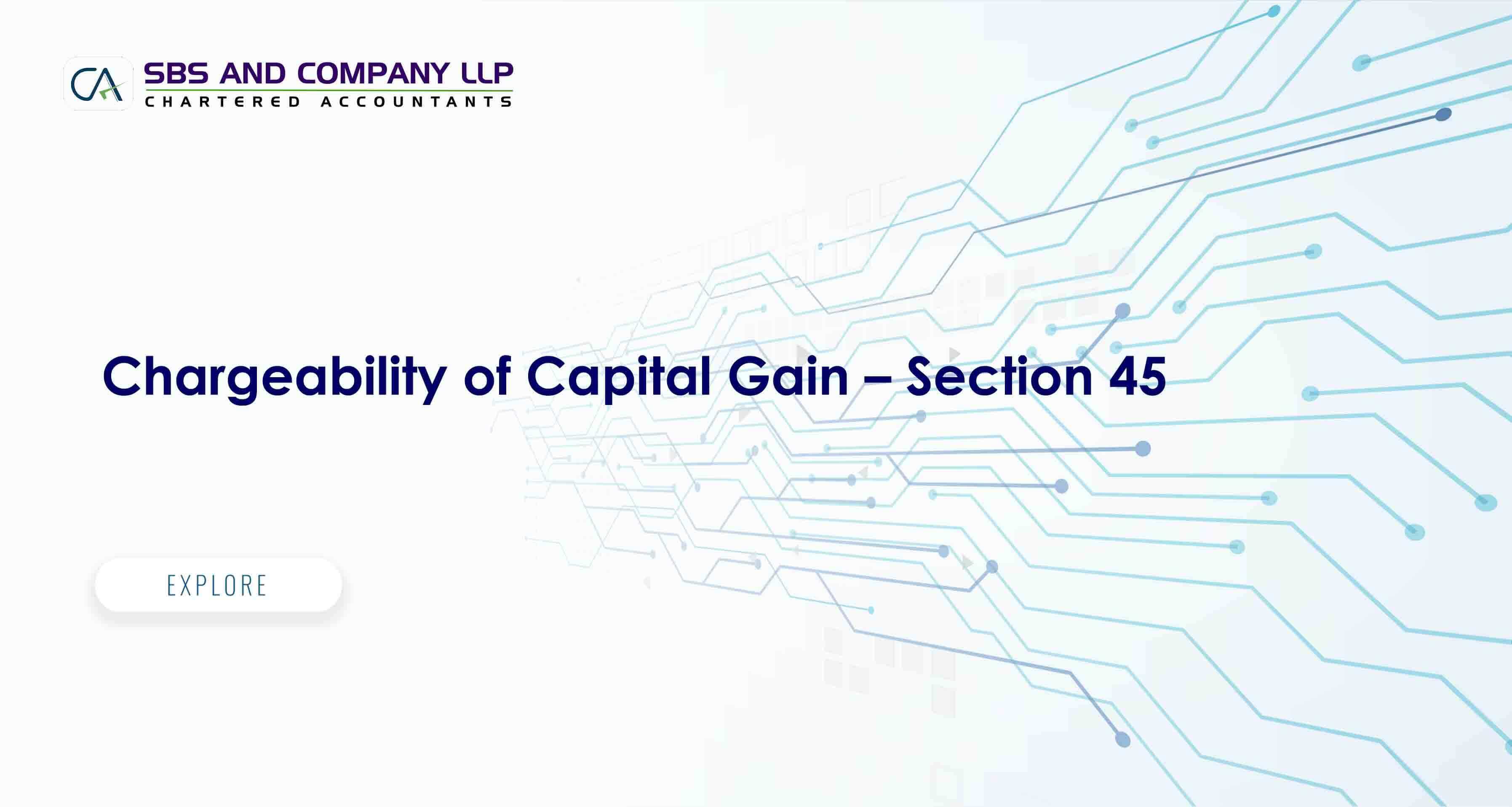Objectives
Introduction
What is Remittance???
Who are Non-residents???
Relevant Notifications and Circulars
Which assets can be remitted?
How are assets remitted?
Legal Compliances (In special cases)
This article is contributed by Partners of SBS and Company LLP - Chartered Accountant Company. You can be reached at This email address is being protected from spambots. You need JavaScript enabled to view it.


